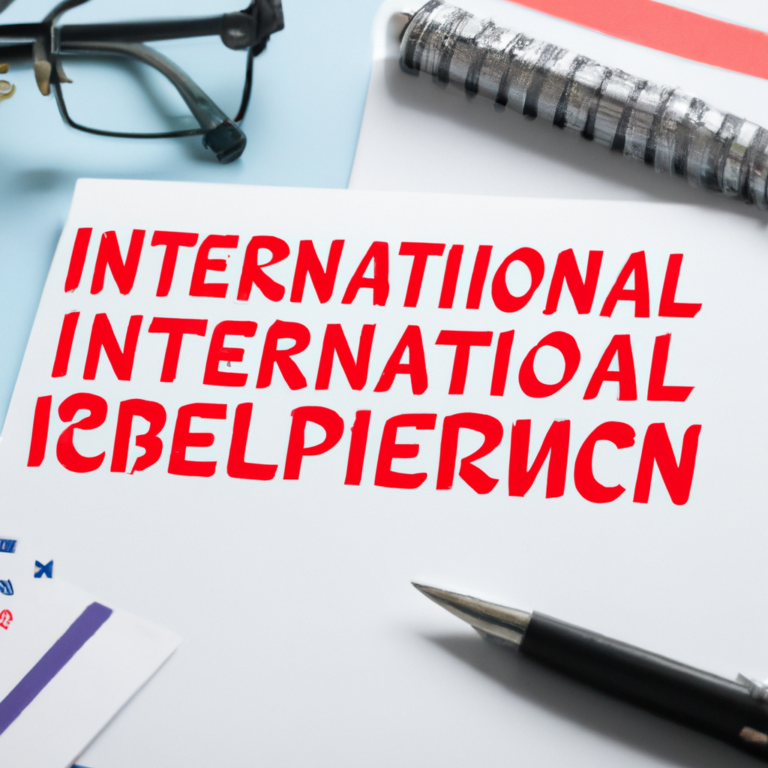Understanding and Enhancing Financial Literacy and Education
Financial literacy and education are crucial to navigating the complex world of money management, investment strategies, and economic decision-making. With a solid foundation in financial principles, individuals can make informed decisions, plan for the future, and avoid common pitfalls that lead to financial instability. This article explores the core aspects of financial literacy, methods to increase one’s financial knowledge, and the importance of incorporating financial education into various stages of life.
The Importance of Financial Literacy
Financial literacy refers to the understanding of various financial skills, including personal financial management, budgeting, and investing. It is the foundation upon which people make everyday decisions related to money. Effective financial planning, wise investment choices, and understanding credit are all skills enhanced by financial literacy. In a world where economic uncertainty can prevail, being financially literate is more important than ever.
Core Components of Financial Education
Financial education encompasses a wide range of knowledge areas and skills. Here are some of the core components:
Budgeting and Saving
Learning how to create and follow a budget is a fundamental skill. It involves understanding income sources, tracking monthly expenses, and planning savings for future goals and emergency funds.
Understanding Credit and Debt Management
Understanding how credit works, the impact of interest rates, and how to manage debt is crucial. This includes knowledge about credit scores, types of loans, and strategies for debt repayment.
Investment Principles
Investments can grow wealth over time but come with risks. Financial education should include understanding different types of investments, how the stock market works, and the principles of risk management.
Retirement Planning
Planning for retirement is a long-term process that requires understanding of savings accounts like 401(k)s and IRAs, as well as strategies to maximize retirement funds.
Improving Financial Literacy and Education
Advancing one’s financial literacy is a lifelong process that can start at any age. Here are ways to improve financial literacy:
Utilize Online Resources
The internet is filled with free resources, including articles, videos, and courses designed to improve financial knowledge on various topics.
Read Books on Financial Topics
There are countless books available that cover the spectrum of financial education, from basic budgeting to sophisticated investment strategies.
Participate in Workshops and Seminars
Many communities and financial institutions offer workshops and seminars on financial planning and literacy. These can be valuable resources for gaining knowledge and asking questions.
Consult with Financial Professionals
For personalized advice, consulting with a financial advisor can provide guidance tailored to individual financial situations and goals.
The Role of Financial Education in Schools
Integrating financial education into school curriculums can equip young people with the knowledge and skills they need to manage their finances effectively throughout their lives. Early education on topics such as saving money, the concept of interest, and basics of budgeting can lay the groundwork for more complex financial decision-making in the future.
Conclusion
Financial literacy and education are indispensable tools in achieving personal financial goals and ensuring economic stability. By understanding the fundamental aspects of financial management and continuously seeking to improve financial knowledge, individuals can make informed decisions that lead to a secure financial future. Whether through self-study, formal education, or professional guidance, everyone has the opportunity to enhance their financial understanding and skills.










